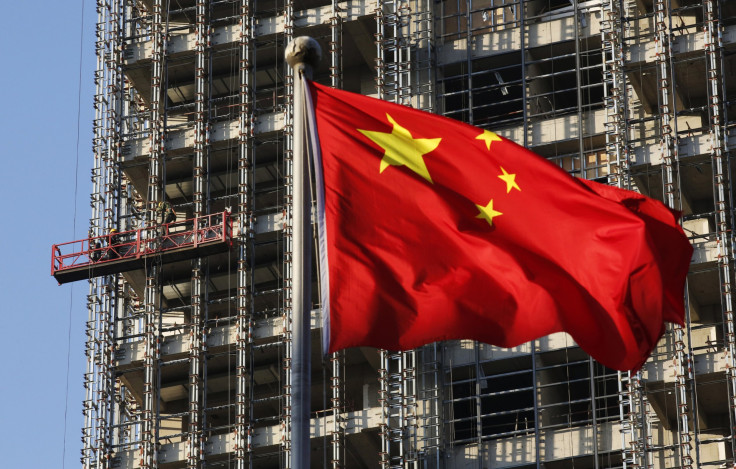Why China's Economy Can't Pop Its Real Estate Bubble

When housing prices in China rose through the first months of 2013, raising fears that the property market had formed a dangerous bubble, the Chinese government imposed cooling measures. Beijing introduced restrictions on purchases of second and third homes, required higher down payments for mortgages and tightened credit for property developers. Beijing hoped that these measures would keep prices from rising out of control.
In June of this year, a sample of 70 major cities across China reported that housing prices dropped in 55 of them -- the sharpest fall since December 2008. Additional statistics provided further evidence of a drop-off: Annual growth in property investment grew 16.8 percent in the first three months of 2014, down from 19.3 percent in the first two months.
The cool-down worked -- but maybe too well.
In the short-term, the Chinese government’s speedy move to correct falling housing prices represents good news for an economy that depends, to a great degree, on the sector: Real estate fuels between 16 and 20 percent of GDP growth. But China’s unwillingness -- or inability -- to let all the air out of its real estate bubble raises questions about the long-term health of the world’s second-largest economy.
China, of course, is not the only country in the world to experience a housing bubble. And unlike the American real estate boom of the mid-2000s, which was driven principally by a subprime lending spree, China is unlikely to have a mortgage crisis: Tough requirements on down payments mean that very few homeowners would default on their mortgages in the event of a price drop. This, according to Nicholas Borst, a China expert at the Peterson Institute of International Economics, in theory provides the country with flexibility in managing its housing market.
“The Chinese economy has been much too dependent on real estate investment in recent years, so in a way a decline is a healthy sign,” Borst said.
But the real problem, according to Patrick Chovanec, an expert in the Chinese economy at Silvercrest Asset Management, is credit, which has grown from 120 to 190 percent of GDP in the last five years.
“Even if people use cash to buy their homes, that cash is coming from an infusion of credit into the economy, or an expansion of the money supply. And a lot of people in China use real estate as a place to stash their cash.”
This phenomenon has less to do with an inherent passion for real estate than a lack of options: China’s rich have few other places to park their money. Strict controls -- to prevent the kind of capital flight that devastated East Asia’s economy in the 1997 crash -- limit the amount of money Chinese citizens can invest overseas. China’s stock market, too, is highly volatile and prone to corruption, leaving real estate as the logical place to soak up that extra yuan; the country’s home ownership rate in 2010 was 90 percent, compared to 65 percent in the United States.
Many of these homes are fueled by speculation, says Chovanec.
“When property companies conduct surveys in China, 80 to 90 percent of homeowners report they’re buying to be the end user. But that’s a reflection of the question being asked: Many, for example, are buying properties for their infant children to live in as adults.”
China faces little risk of a mortgage crisis: Comparatively few Chinese people rely on mortgages to finance home purchases, and those who do must meet strict down payment requirements. Yukon Huang, a Chinese economist, estimates that even a 30 percent decline in housing prices would only leave 3 percent of China’s homeowners underwater.
But a sharp downturn would hit property developers much harder. Local governments lend substantial sums of money to developers, who then construct the rows of high-rise apartment towers that dot the landscape across China. Tight credit makes it more difficult for these developers to borrow money, leading to less investment in housing -- and curtailed use of key commodities like cement and steel. This in turn depresses economic growth, which, in China, is an unacceptable outcome for local officials whose career advancement still depends on hitting GDP targets.
“Because local governments are dependent on land sale revenues to generate operating budgets, much less repay their debt, they’re on a treadmill to keep the property markets going,” says Chovanec.
Since former Prime Minister Wen Jiabao characterized China’s economy as “unbalanced, unsustainable, and uncoordinated” in 2007, Beijing has attempted to foster growth through increased consumption, which, unlike investment, does not produce decreasing returns over time. But the country’s struggles to curtail its property boom has shown that doing so will not be easy.
© Copyright IBTimes 2024. All rights reserved.






















